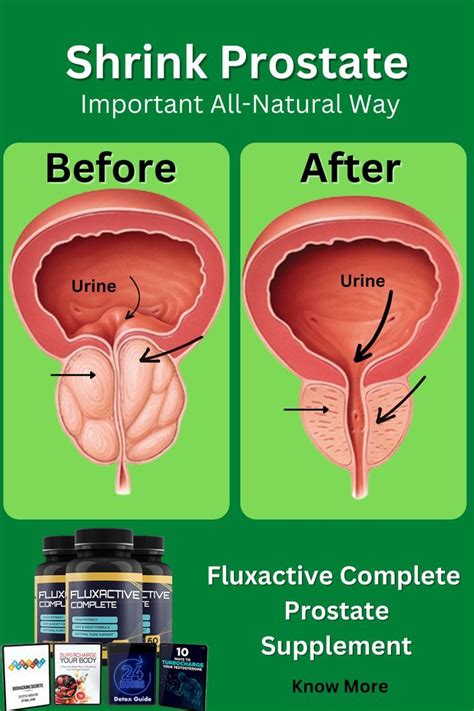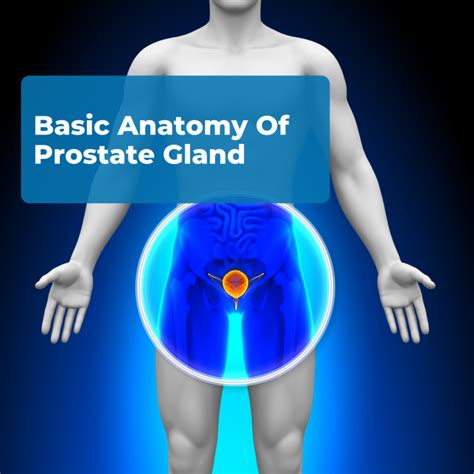Which specific micronutrient is particularly vital for supporting men’s prostate health, and what common foods are rich in it?

Understanding Prostate Health and Essential Micronutrients
Maintaining a healthy prostate is a significant concern for men, particularly as they age. This small gland, vital for reproductive health, can be susceptible to various conditions, from inflammation (prostatitis) to benign prostatic hyperplasia (BPH) and prostate cancer. While a holistic approach involving lifestyle, exercise, and regular check-ups is crucial, nutrition plays a foundational role. Among the many nutrients, one specific micronutrient consistently emerges as particularly vital for supporting prostate health: Zinc.

Zinc: The Unsung Hero for Prostate Function
Zinc is an essential trace mineral involved in over 300 enzymatic reactions in the body, ranging from immune function and wound healing to DNA synthesis and cell division. For the prostate gland, zinc is remarkably concentrated, containing higher levels than any other soft tissue in the body. This high concentration isn’t accidental; zinc is critical for several aspects of prostate health:
- Immune Regulation: Zinc helps bolster the immune system, potentially reducing the risk of prostate inflammation and infection.
- Hormone Balance: It plays a role in regulating testosterone metabolism, a hormone central to prostate growth and function.
- Antioxidant Properties: Zinc acts as an antioxidant, helping to protect prostate cells from oxidative damage, which can contribute to the development of prostate issues.
- Apoptosis (Programmed Cell Death): Research suggests zinc can induce apoptosis in abnormal prostate cells, which is a crucial mechanism for preventing uncontrolled cell growth.
Deficiencies in zinc have been linked to an increased risk of prostate problems, making adequate intake a key dietary consideration.

Common Foods Rich in Zinc
Fortunately, incorporating sufficient zinc into your diet is quite achievable, as many delicious and readily available foods are excellent sources:
- Oysters: These shellfish are by far the richest source of zinc, with just a few providing more than the recommended daily intake.
- Red Meat and Poultry: Beef, lamb, pork, chicken, and turkey are significant sources of bioavailable zinc, meaning the body can absorb it easily.
- Beans and Legumes: Lentils, chickpeas, black beans, and other legumes offer a good plant-based source of zinc, though plant-based zinc is absorbed less efficiently due to phytates. Soaking and sprouting can improve absorption.
- Nuts and Seeds: Pumpkin seeds, cashews, almonds, and sesame seeds are not only rich in zinc but also provide healthy fats and fiber. Pumpkin seeds, in particular, are often highlighted for prostate health.

- Whole Grains: Oats, quinoa, brown rice, and whole wheat bread contain zinc, along with other beneficial nutrients.
- Dairy Products: Milk, cheese, and yogurt contribute zinc to the diet, especially for those who consume dairy regularly.
- Eggs: A good all-around source of various nutrients, including a moderate amount of zinc.

Beyond Zinc: A Synergistic Approach
While zinc is a superstar for prostate health, it’s important to remember that a balanced diet rich in various nutrients offers comprehensive support. Other micronutrients known to benefit the prostate include:
- Lycopene: A powerful antioxidant found in red and pink fruits and vegetables like tomatoes (especially cooked), watermelon, and pink grapefruit.
- Selenium: Another antioxidant mineral, found in Brazil nuts, seafood, and eggs, that works synergistically with zinc and vitamin E.
- Vitamin D: Essential for overall cellular health and immune function, often obtained from sunlight exposure and fortified foods.
Integrating These Nutrients into Your Diet
To optimize prostate health through nutrition, focus on a varied diet abundant in whole foods. Prioritize zinc-rich foods daily, combine them with sources of lycopene, selenium, and vitamin D, and limit processed foods, excessive saturated fats, and sugars. Consulting with a healthcare professional or a registered dietitian can provide personalized advice tailored to your specific needs and health status.
By making conscious dietary choices, men can significantly contribute to the long-term health and well-being of their prostate gland.









